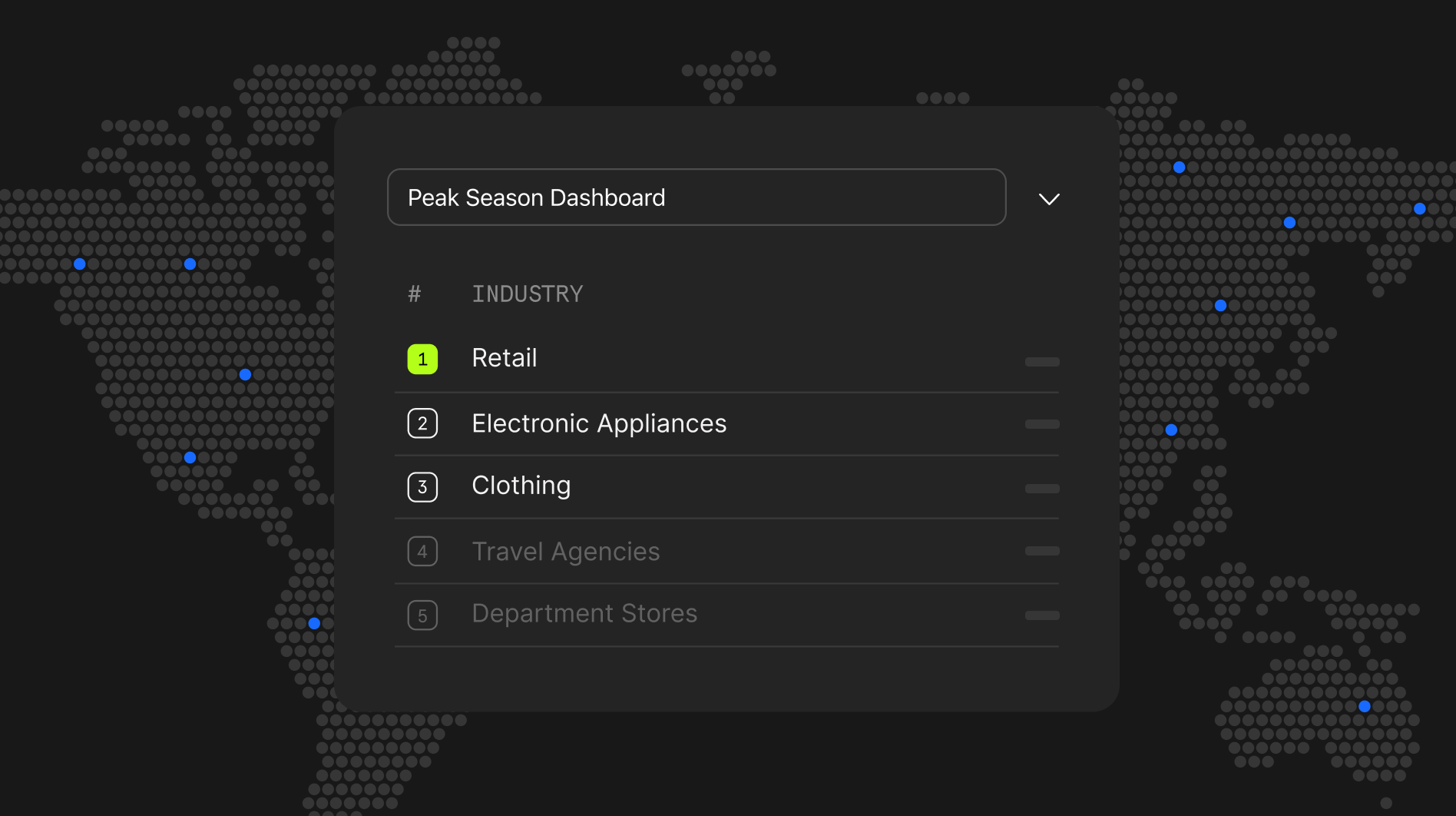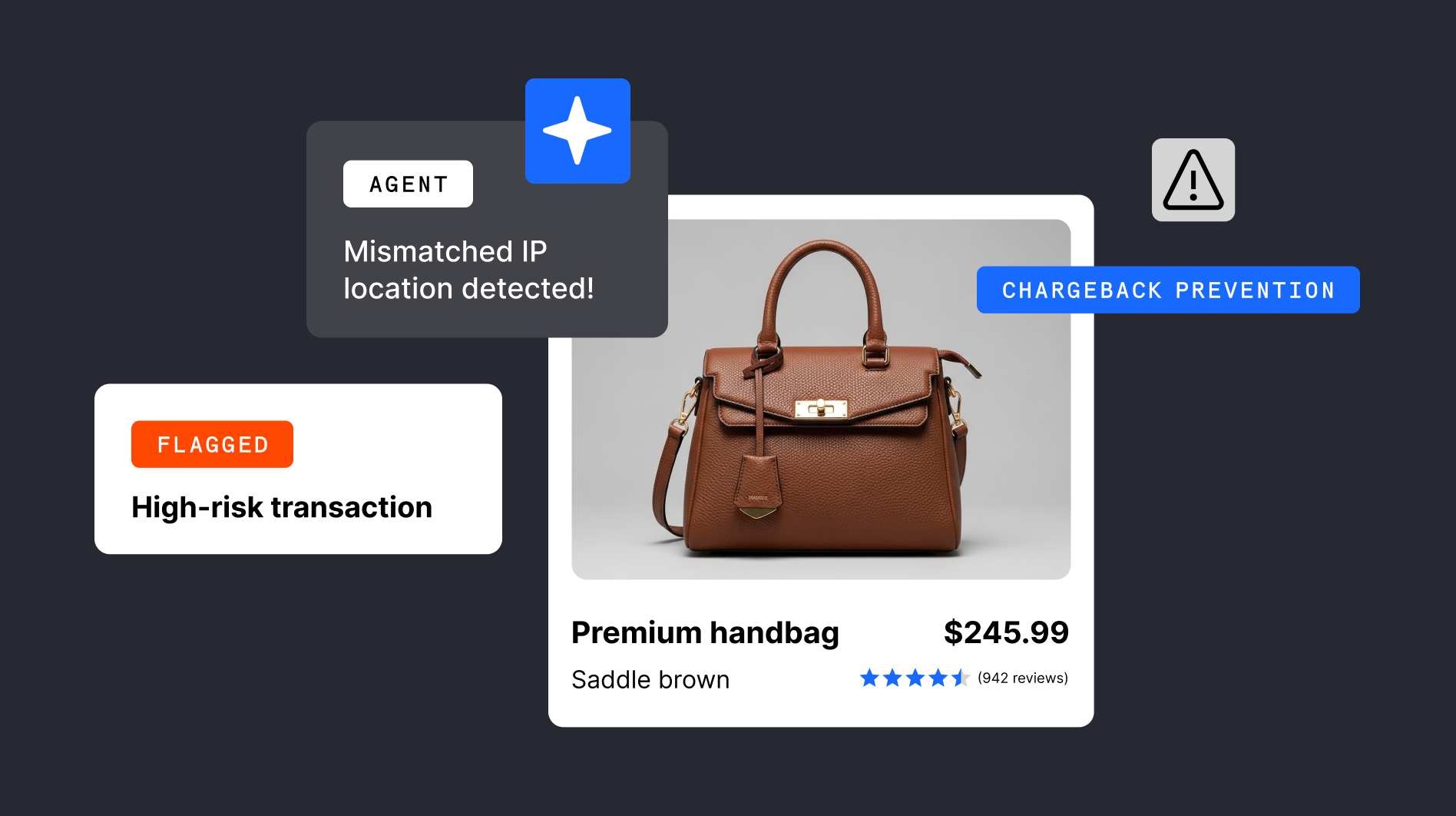The UK might have officially left the European Union (EU), but for businesses trading between the two markets, there’s still a complex web of regulations and requirements to navigate, some carried over from before Brexit, and some changed by it.
The UK and EU payments industries have remained interlinked and they’ve continued their close collaboration on innovation and key initiatives.
However, as the global payments industry continues to adapt to new technologies and societal changes, it’s important for businesses offering payments between the UK and EU to understand how the two markets converge and diverge in key areas.
From additional fees and data requirements to currency fluctuations and more, in this article, we’ll unpack the impacts of Brexit on cross-border payments, so you can give your business the best chance of succeeding.
Impacts Brexit causes to cross-border payments
Here are the main impacts of Brexit on cross-border payments and how they could affect your business:
Extra charges for SEPA transactions
The UK has remained a member of the Single Euro Payments Area (SEPA), which allows customers to make quick and cost-effective electronic Euro payments to 36 EU and non-EU countries. Made via credit transfer or direct debit, these payments avoid the transfer costs and requirements of traditional cross-border payments.
However, while many SEPA payments have been unaffected by Brexit, some have been subjected to additional charges and slower transfer times. That’s because UK to EEA/EU payments aren’t excluded from fee reductions, unlike intra-EEA payments under PSD2, and are viewed as cross-border payments by some European banks when it comes to fees.
IBAN discrimination
International Bank Account Numbers (IBANs) are a two-character code that helps banks to identify which country an account is based in. Post-Brexit, some companies are refusing to accept SEPA payments from GB IBANs, even though this breaches EPC SEPA regulations.
If your SEPA payment is refused by a European company, known as IBAN discrimination, and you can’t find a solution with the company in question, you should report the breach to a relevant authority. Perpetrators can be charged heavy fines.
Additional data needed under FTR
One definite post-Brexit change is that anyone making payments between the UK and EU is now required for wire payments, such as SEPA, to provide additional data under the EU’s Funds Transfer Regulation (FTR).
Standard information, such as the names and account numbers of the payer and payee are still required, but you must also provide:
- For the payer: full address, official personal document number, customer identification number, or date and place of birth
- For the payee: name, account number or unique transaction identification number
Failure to do so could mean your payment is rejected or delayed by the payment service provider (PSP).
Currency fluctuations
The 2016 referendum marked the start of a long-term decline for GBP, as the vote to leave shocked markets and rocked confidence in the UK.
The pound’s fate was then inextricably bound up with the state of negotiations between the UK and the EU, sinking as relations soured and rallying as they improved and agreements were made. In 2020, Covid replaced Brexit as the biggest beast in the currency markets, and subsequent events, most prominently the October 2022 mini budget, saw the pound crash to its lowest ever level against the dollar.
Businesses that trade between the UK and EU businesses should be aware that there is an increased risk of these fluctuations and monitor developments to ensure they're not impacted by big currency swings as the lingering effects of Brexit and Covid, and the transformational nature of new technologies have an ongoing impact.
New Standard Settlement instructions
Standard Settlement Instructions (SSI) are payment details - recipient name and bank account number - that remain the same and can be used for future transfers or recurring payments.
As the Euro clearing system is no longer available to UK banks, they may have to use correspondent banks (a bank that holds deposits owned by other banks) in order to access Euro clearing. The result of this is that customer SSIs will be different when receiving Euro payments into the UK.
Higher “Card not present” interchange fees
Merchants pay interchange fees to issuing banks to cover the cost of processing card payments. The EU Interchange Fee Regulations apply caps to for transactions involving EEA merchants. However, as the UK is no longer an EEA member the “non-regional” higher caps now apply to card not present transactions between EEA merchants and UK consumers. This has enabled both Visa and Mastercard to raise the interchange fees for transactions made by UK customers with European businesses and vice versa. Over the course of 2021/2022 the interchange rates for these transactions increased from 0.2% to 1.15% for debit cards and from 0.3% to 1.5% for credit cards .
Deposit protection scheme
The Financial Services Compensation Scheme (FSCS), which protects and compensates the customers of authorized financial firms, has continued to apply for customers of UK branches of UK banks and UK branches of EEA banks.
However, if your deposit is held with an EEA branch of a UK bank, you are no longer covered by FSCS. Instead, you should now be protected by an EEA deposit guarantee scheme, though the rules vary between EEA jurisdictions.
Brexit and payment processing
Under the second Payment Services Directive (PSD2), any payments made within the UK and EEA were treated as domestic payments, regardless of currency, which made payment processing easier by minimizing fees and data requirements.
However, Brexit has resulted in the return of much of this friction, with payments from UK-based financial firms no longer seen as domestic, meaning higher fees and a greater administrative burden.
This has left merchants and PSPs scrambling to find more convenient and cost-effective ways to make cross-border payments, including by exploiting domestic clearing channels, negotiating better exchange rates with local providers, and investing in new technology.
Brexit impact on PSPs
PSPs can no longer use 'passporting' from UK entities to domestically acquire for EU-based merchants. This means that PSPs have to use an EU-based entity to acquire for those merchants. Some UK-only based PSPs may have been unable to domestically acquire for those merchants, meaning those merchants would have needed to see an agreement with an EU-based payments processor.
Checkout.com and payment processing
If your business has been affected by Brexit’s impact on cross-border payments, Checkout.com can help.
With comprehensive global expertise, local acquiring hubs that cut processing costs, and support for more than 150 currencies and local payment methods, you can target global growth with confidence. We also have an EU-based entity that merchants can acquire with and our platform adapts automatically to regulation as it evolves, making compliance a breeze.
Find out more about payment processing with Checkout.com.
















.png)